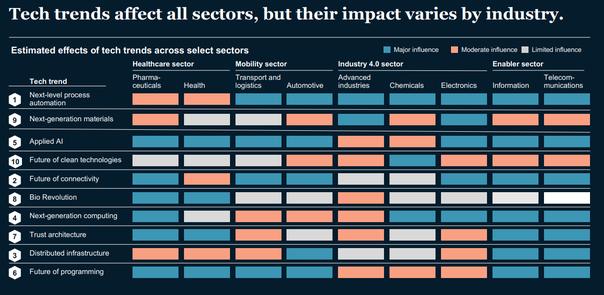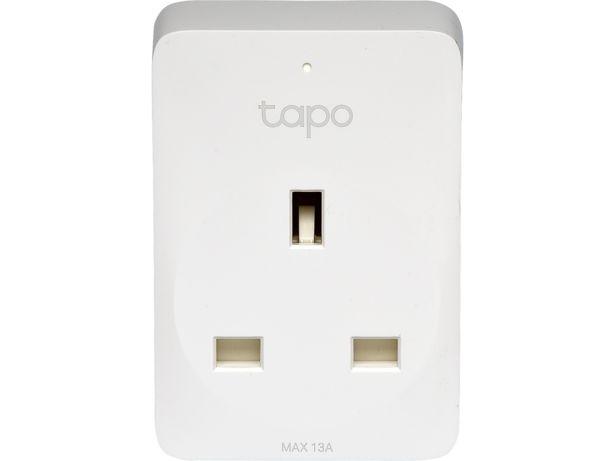The biggest trends shaping the digital future of Middle East in 2022 Read Also
The year 2022 brings in new levels of investment as well as digital adoption and deployment to transform the organizations and the consumer experience.
FREMONT, CA: Artificial Intelligence had exhibited a good time in the previous year as the Middle East region continues to explore opportunities for its innovation and adoption. However, this year, Egypt and Turkey issued their first national AI strategies. Simultaneously reports also express that governments in Saudi Arabia and the UAE have been delving deeper into ways to permit the implementation of various AI technologies for public and commercial purposes.

The UAE government has implemented facial recognition in a variety of new industries and services where biometric face recognition allows users to access more government services. Both Abu Dhabi Islamic Bank (ADIB) and Mashreq NEO have developed services that allow people to open bank accounts using face-IDs registered with the Ministry of Interior, while retailers have begun to roll out AI and robotics. Additionally, the 5G sector is witnessing an increase in implementation by several organizations. GSMA Intelligence displays how by the end of the 2021, the Middle East had installed twenty 5G networks across nine countries and also it anticipates around 42 million 5G connections by 2025, accounting for 7 percent of the region’s total connectivity. Countries like Bahrain, Kuwait, Oman, Qatar, Saudi Arabia and the United Arab Emirates are among the early investors in 5G networks. These governments and regulators have recognized the need of making 5G spectrum accessible on investment-friendly terms, allowing mobile operators in these nations to build some of the world's first 5G networks. However, there has been an increase in the need for the 5G spectrum as costs are rising without it and the complete benefits of 5G are being missed out. Limited spectrum is forcing operators to deploy more base stations to match traffic demand which could affect future investment in geographic roll-out, service grade, and quality, as well as costs.
Apart from the fact that the whole world is still battling the pandemic, the annual investment in the Middle East and North Africa just hit $1 billion for the first time in 2020.



